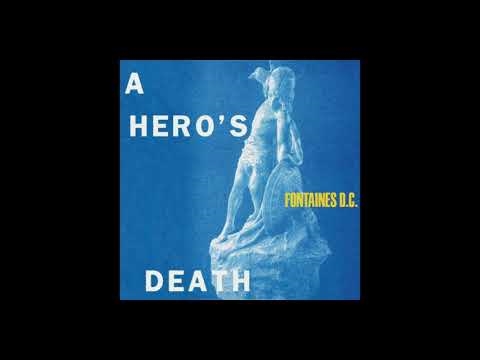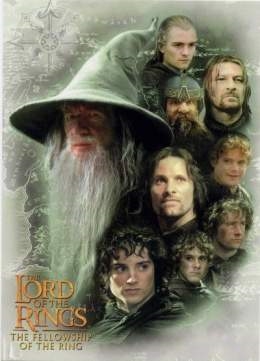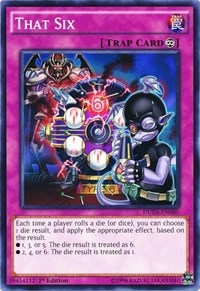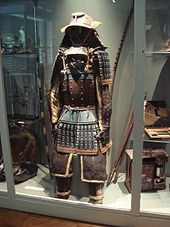The heroes of this tragedy are two villain tsars from the city of Argos, Atreus and Fiesta. The son of this Atreus was the famous leader of the Greeks in the Trojan War Agamemnon - the one whom his wife Clytemnestra killed, and her son Orestes killed her for this (and Aeschylus wrote about this to Oresteia). When the Greeks asked why there were such horrors, they answered: "For the sins of the ancestors." A series of these sins began a long time ago.
The first sinner was Tantalus, the mighty king of Asia Minor. The gods themselves descended from heaven to feast in his palace. But Tantalus turned out to be a wicked man: he did not believe that the gods were omniscient, and decided to test them with a terrible ordeal. He stabbed his son Pelop, cooked in a cauldron and served his meat to the table of the gods. The gods were indignant: they resurrected Pelop and healed, but they threw Tantalus to Hades and executed with "tantalum torments" - eternal hunger and thirst. He stands in the river under the canopy of fruit branches, but can neither eat nor drink; when it reaches for the fruits, they slip away; when it tends to water, it dries.
The second sinner was the very Pelop, the son of Tantalus. From Asia Minor he came to South Greece and repulsed her from the evil king, who forced the aliens to compete with him in chariot running, and killed the vanquished. Pelop defeated him by cunning: he bribed the tsarist driver, he pulled out a sleeve that supported the wheel on the axle, the chariot crashed, and the king died. But PeloP wanted to hide his cunning; instead of a reward, he pushed the tsarist driver into the sea, and he, falling, cursed both Pelop and all his descendants for treachery.
In the third generation, Atreus and Fiesta, the sons of Pelop, became sinners. They began to argue for power over Argos. In the Pelop herd there was a golden-fleece ram - a sign of royal power; he was inherited by Atreus, but Fiesta seduced Atreus's wife and kidnapped a ram. Controversy began, Fiesta was expelled and lived in poverty, in poverty. Atreus got the kingdom, but this was not enough for him: he wanted to take revenge on his brother for seducing his wife. He remembered Tantalov’s cannibalistic feast: he decided to slaughter the Fiesta children and feed the Fiesta their meat. So he did; the gods were horrified, the Sun itself turned from the heavenly path, so as not to see a terrible meal. About this and wrote his bloody tragedy of Seneca.
The apprehension of horrors begins with the very first lines. The shadow of Tantalum comes from the underworld, it is driven by Erinnia (in Latin - “fury”): “You slaughtered your son for food to the gods - now suggest that your grandson slaughter the sons of another grandson as food for your father!” “Let me go - it's better to endure torture than to be torture!” - “Do your job: let the sinners underground rejoice at their executions, let them know that the earth is worse than hell!” The faceless choir sings about the sins of Tantalus - now they multiply in his offspring.
An inspired thought comes to Atreus’s head: “The king, slowing to avenge! Why am I not criminal yet? The villainy awaits between brother and brother - who is the first to reach out to him? ” “Kill the fiesta,” the adviser says. "No: death is grace: I have conceived more." - "What did you decide to destroy the fiesta?" - “By the fiesta itself!” - "What will lure him into captivity?" - "I will promise half the kingdom: for the sake of power he himself will come." - “Aren't you afraid of God's punishment?” - “Let the Pelopov’s house collapse on me - if only it would collapse on my brother.” The choir, looking at this, sings: no, the king is not the one who is rich and powerful! a true king is one who is alien to passions and fears, who is firm and calm in spirit.
Fiesta learned this in exile, but not to the end. He demolished trouble, but did not bear the burdens. He knows: “There is no kingdom more than without kingdoms to be content! The villainy in palaces lives - not in huts "; but in his heart is his fear. "What are you afraid of?" - the son asks. “Total,” the fiesta replies, and yet goes to Atreus. Atreus goes out to meet. “I'm glad to see my brother! He says (and that's true). “Be the king with me!” “Leave me insignificant,” says Fiesta, “do you give up happiness?” “Yes, for I know: happiness is changeable.” “Do not deprive me of the glory of sharing power!” - says Atreus. “Being in power is an accident, giving power is valor.” And the fiesta is inferior. The choir is glad of the world, but reminds itself: joy is never long.
About the villainy, as usual, tells the messenger. There is a dark grove dedicated to the Pelop, where the trunks groan and ghosts roam; there, at the altar, as a sacrificial animal, Atreus slaughtered the fiesta sons - he blew his head to one, cut his throat to another, and his heart pierced to the third. The earth shook, the palace staggered, a black star rolled down from heaven. "Oh God!" The choir exclaims. No, horror lies ahead: the king cuts through the bodies, the meat boils in a cauldron and hisses on skewers, the fire does not want to burn under them, the smoke of a black cloud hangs over the house. An unaware fiesta feasts with his brother and marvels that a piece does not go down his throat, that oiled hair stands on end. The choir looks into the sky, where the Sun has turned halfway back, darkness rises from the horizon - is this not the end of the world, is the world mingling in the new Chaos?
Atreus triumphs: “It is a pity that darkness and the gods do not see my work, but it’s enough for me that Fiesta will see it!” Here he drinks the last cup, where the blood of his sons is mixed with wine. It's time! " On the dish, the severed heads of the Fiesta children are introduced. “Do you recognize sons?” “I recognize my brother!” Oh, let me at least bury their bodies! ” “They’re already buried - in you.” “Where is my sword so that I can pierce myself?” - "Pierce - and pierce the sons at home." “What are the sons guilty of?” “By the fact that you are their father.” - "Where is the measure of villainy?" - “There is a measure of crime - there is no measure of retribution!” - “Come, gods, with lightning: may I myself become a funeral pyre to my sons!” “You seduced my wife - you yourself would be the first to kill my children if you did not think that they were yours.” “The Avenging Gods, be the punishment of Atreus.” - “And to you an eternal punishment - your sons are in you!”
The choir is silent.












